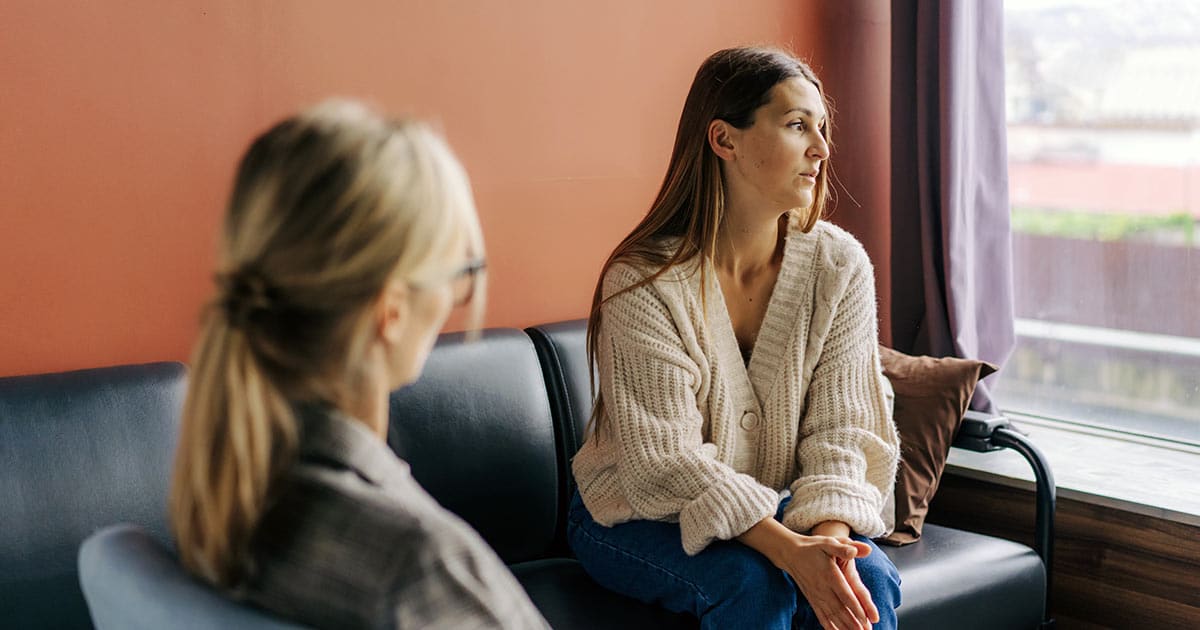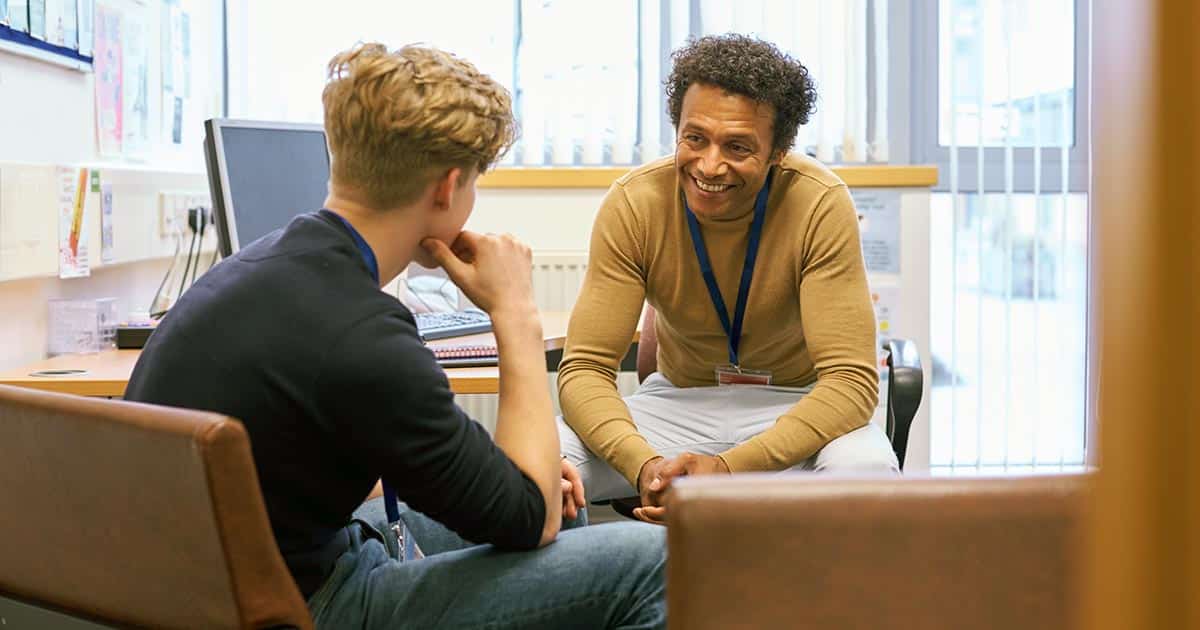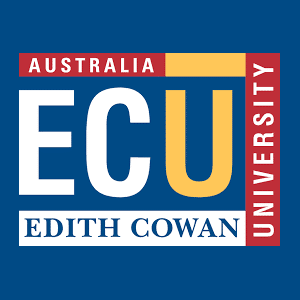Becoming a counsellor is straightforward: do a course, get experience, and apply for registration.

If you're considering a counselling career, you might be wondering where to start. The good news is that with just three simple steps, you can turn your aspirations into a reality and get registered to offer therapy services to clients.
Let's explore the process of becoming a counsellor, from choosing a relevant course to gaining practical experience and ultimately registering as a professional. Whether you're just starting out or looking to make a career change, this guide will provide you with everything you need to know to get started.
Step 1: Get a counselling qualification
The bare minimum to be a professional counsellor is a Diploma of Counselling. Other options to consider are a bachelor degree in counselling or a postgraduate counselling qualification.
Step 2: Gain experience working with clients
After completing your qualification, you can develop your skills by completing supervised work placements, internships, or volunteer work. Your supervisor will provide guidance, feedback, and support as you develop your talk therapy abilities.
Step 3: Apply for registration with a professional body
1. Get a Counselling Qualification

To become a qualified counsellor, different educational pathways are available. A course must be focused on counselling, not psychology or social work, to be accredited by Australia's leading professional bodies.
Diploma
The minimum requirement to be a registered counsellor is a Diploma of Counselling, which has an average duration of 16 months. Students are introduced to basic concepts and skills, such as communication techniques, active listening, and problem-solving strategies. It is a great starting point for entry-level positions or as a foundation for further studies.
Bachelor degree
For more advanced roles, a higher level of education is normally required. A degree in counselling typically takes three years and provides a deeper understanding of theories and concepts. It may also offer practical experience through supervised work placements or internships.
Postgraduate qualification
If you already have a bachelor's degree in a related field and are looking for advanced training, consider a postgraduate qualification such as a Graduate Diploma or Masters in Counselling. You'll develop expertise in areas such as relationship counselling, trauma, addiction, and mental health.
Postgraduate study is a path to do counselling in a field where you're already working. For example, a qualified teacher could study to be a school counsellor. A nurse or social worker dealing with people suffering from psychological issues could train do to mental health counselling.
ECU - Master of Counselling
The Master of Counselling from Edith Cowan University is accredited by the ACA. While delivered online, the program includes 220 hours of professional placement with an approved organisation. The 12-unit degree takes 2 years of part-time study. The accessible and accelerated online learning experience allows you to study year-round and move on to a new subject every 2 months. The course allows you to become a counsellor or add to an existing skillset in allied health, welfare, and community-based roles. Topics include ethics, trauma, child/adolescent, mental health, cultural interface, advanced techniques, and using digital technology.
2. Gain Experience Working With Clients

After earning your counselling qualification, you will need to gain practical experience working with clients to develop your skills further. The main options are internships, supervised work placements, and volunteer work.
Many counselling courses require students to complete a certain number of hours of supervised practical work as part of their qualification. This work provides students with an opportunity to practice their skills under the guidance of a qualified supervisor.
Volunteer work is another great way to gain experience and build your skills. Many organisations offer volunteer opportunities for counsellors, including crisis support hotlines, community health centres, and non-profit organisations.
3. Apply for Registration With a Professional Body

To practice as a registered counsellor, you need to register with a professional body. The two leading ones are the Australian Counselling Association (ACA) and the Psychotherapy and Counselling Federation of Australia (PACFA).
You will need to provide evidence of your qualifications and experience, as well as pay a registration fee. Both the ACA and PACFA have their own unique requirements for registration, so check the specific requirements of each organisation as early as possible.
Many counsellors also join professional associations, such as the ACA or PACFA. Members gain access to ongoing professional development opportunities, networking opportunities, and other resources to help stay up-to-date with the latest research and techniques.
How Many Years To Become a Counsellor?
In Australia, there are forms of counselling you can do immediately without any formal qualifications. There also isn't a clear definition of what a counsellor is since the term is not a protected title, meaning anyone can use it to describe themselves.
If you are interested in providing support to others without formal qualifications, there are some options available. For example, you may be able to work as a support worker, community service worker, or peer support worker. These roles involve providing emotional support, guidance, and practical assistance to people who are facing challenges in their lives.
The quickest path to becoming a registered counsellor is a Diploma in Counselling. The course itself only takes 16 months on average, meaning you could potentially become fully qualified in under two years.
However, a diploma will not offer the same career opportunities as a degree or graduate diploma in counselling. More than 70% of counsellors have a bachelor degree at least, with 37% holding a postgraduate qualification.
A Bachelor of Counselling will take 3 years of full-time study. If you already have a related undergraduate degree, you can opt for a master's degree that also contains work placements. This will take 1.5 years normally, or 2 years of accelerated part-time study.

